What is Food Drink Europe’s role?
It is an organisation that represents the interest of food and drink manufacturers in Europe. We are the largest manufacturing industry in Europe. National food and drink representative bodies such as Food Drink Ireland are among our members.
What are the biggest challenges for food and drink in the future?
A key challenge is responding to consumers’ evolving demands as regards the quality and safety of their food, animal welfare and environmental sustainability, while not wanting to see the price of their food increase. I believe we don’t pay enough for our food given the work that goes into bringing it from farm to fork.
Given Brexit, do you think the EU is challenged in maintaining its single market?
The single market is the cornerstone of the EU. We need to protect it more. But fragmentation of the single market is a growing challenge for the EU. Increasingly, we are seeing member states doing their own thing with regard to food safety and regulations that are divergent from the EU’s Food Safety Authority (EFSA). We are seeing a rise in protectionism at member state level. Certain member states are bringing in legislation contrary to the EU’s harmonised legislation. This makes it increasingly difficult for food and drink companies as they need to change processes or ingredients depending on EU markets.
What impact is Brexit uncertainty having over the industry in Europe?
Industry is becoming more nervous. Leaving aside sanitary, phytosanitary, delays at customs and exchange rate fluctuations, industry is very concerned about the fall in volumes if there is a hard Brexit. A recent study we conducted shows that adding a 60% tariff to Irish beef into the UK would impact volumes by up to 90%. This would cause a collapse in revenues from the beef industry in Ireland. For cheese, the volumes would also fall. We are asking for as smooth a transition period as possible.
What two things does the industry need to flourish outside of Brexit?
International trade and innovation are key. While growth in the EU remains stable, we also need to open up trade with partners outside the EU – our high standards of food cannot be compromised in these trade negotiations, and countries need to respect that. We need to innovate more and it needs to be more joined up with a common objective across Europe.
How important is CAP in shaping the future of the sector in Europe?
The CAP needs to remain a common policy to restrict unfair trading practices across member states. It is really important for us that there is fair competition and single market and that it is managed from Europe rather than member states.
Are you positive about sector’s future?
This is an industry that brings huge value to EU economy. We provide 1.5bn meals per day to EU citizens that is made with safe, high-quality food.




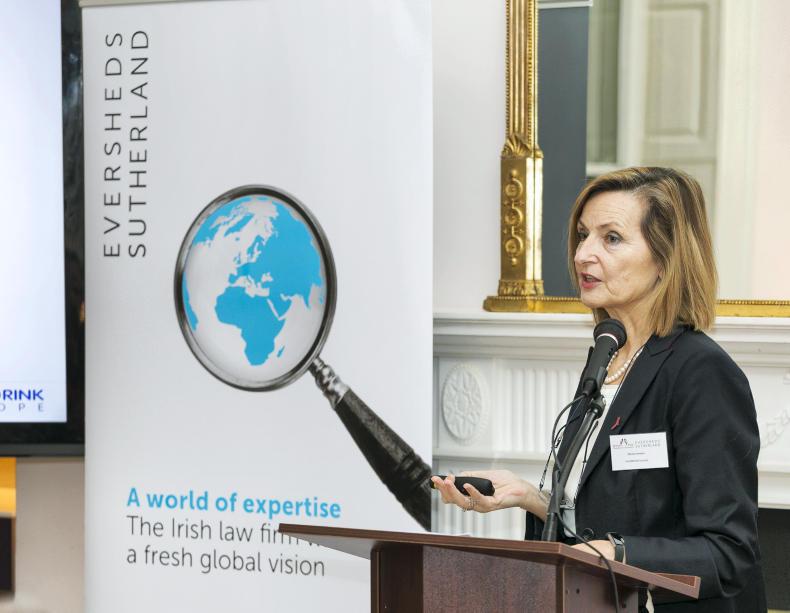
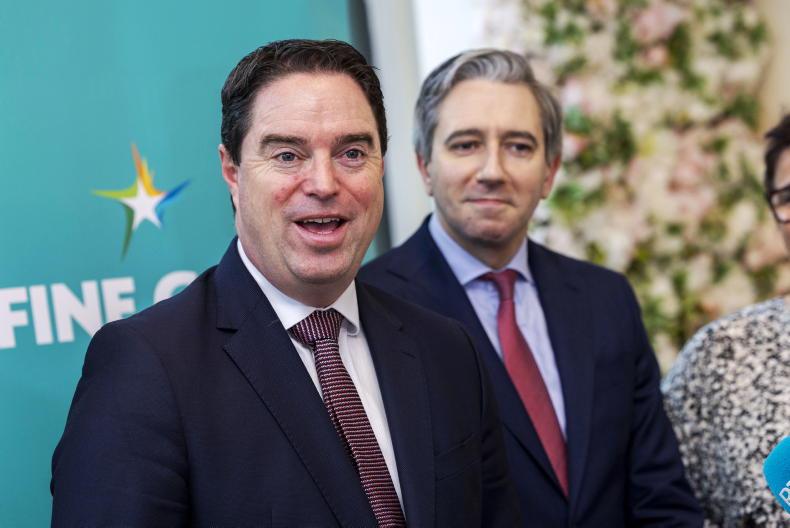

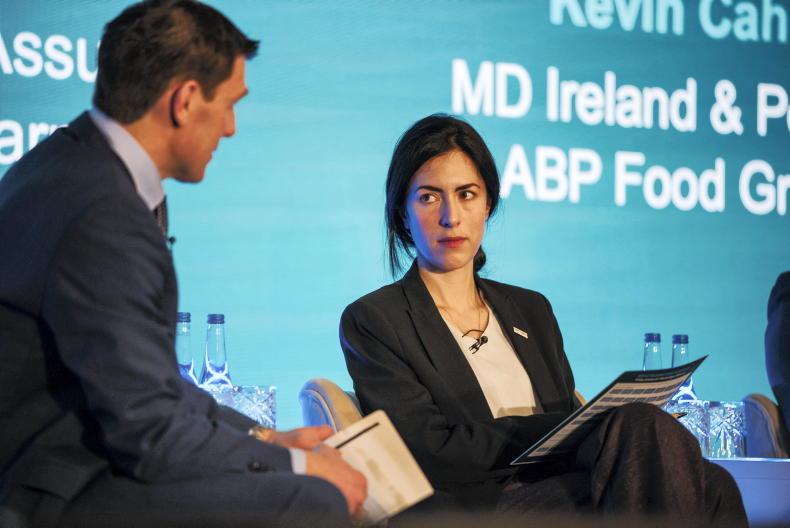
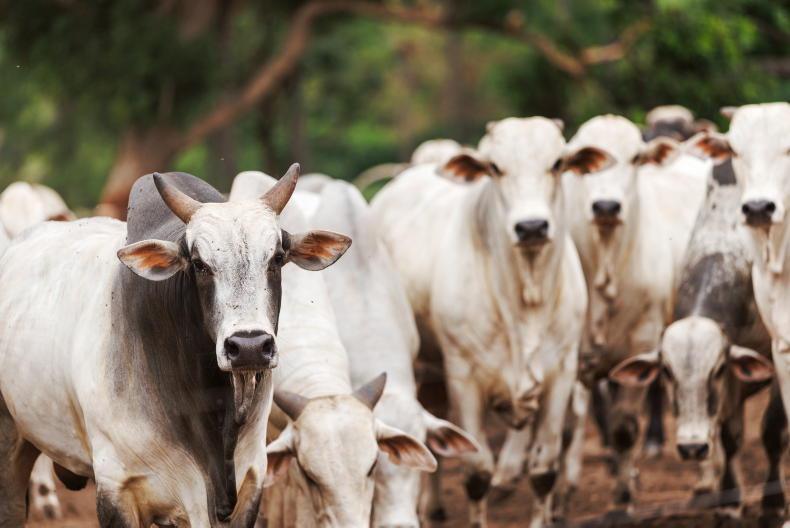
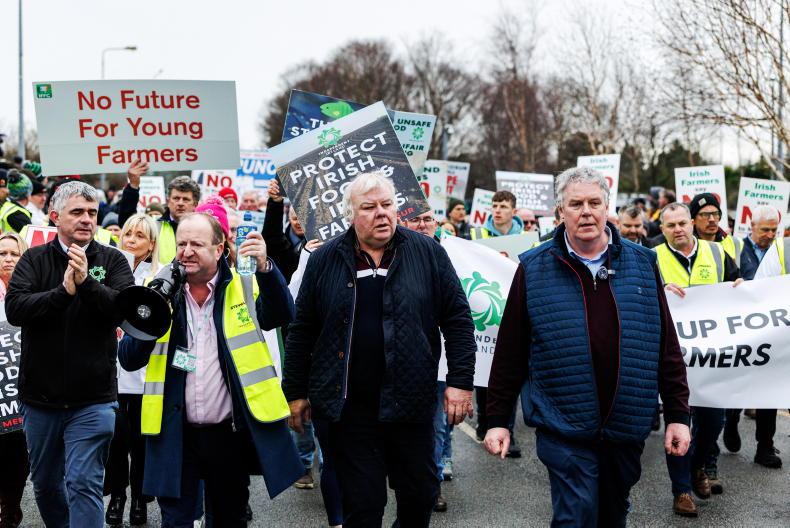
SHARING OPTIONS